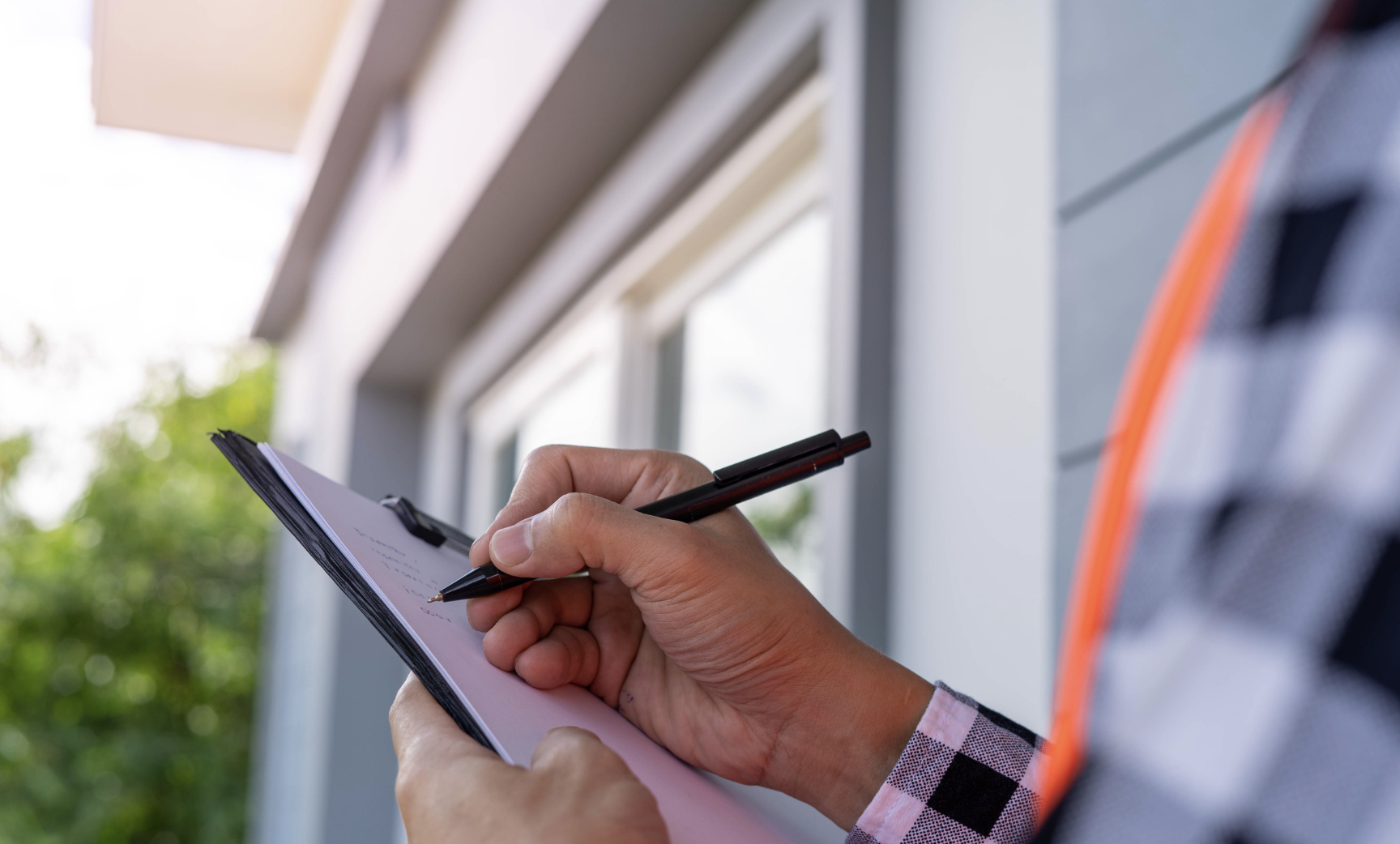
Are you planning to sell your home? As seasoned home inspectors, we understand the significance of a thorough inspection in the home-selling process. To ensure a successful sale and avoid any surprises, it’s crucial for sellers to prepare their homes adequately for the inspection. We’ll share essential tips and insights to help you navigate the home inspection process and present your home in the best possible light.

Embrace the Power of Pre-Listing Inspections:
One valuable strategy for home sellers is to consider a pre-listing inspection. This proactive step involves hiring a professional home inspector to assess your property before putting it on the market. Here’s why pre-listing inspections can be a game-changer:
- Identify Hidden Issues: A pre-listing inspection helps uncover any hidden problems or deficiencies in your home. By addressing these issues upfront, you can decide whether to make repairs, disclose them to potential buyers, or adjust your listing price accordingly.
- Boost Buyer Confidence: When buyers see a pre-inspected report, it demonstrates your commitment to transparency and gives them confidence in the condition of your home. This can lead to smoother negotiations and a faster sale.
- Streamline the Process: With a pre-listing inspection, you have the opportunity to resolve any concerns before potential buyers conduct their own inspections. This helps minimize surprises and potential hurdles during the sale.
Preparing your home for a potential buyer’s home inspection is crucial in ensuring a smooth and successful sale. Here are a few essential tips that home sellers can use to get their property inspection-ready:
- Clean and Declutter: Start by giving your home a thorough cleaning. A tidy and clutter-free space not only creates a positive impression but also allows the inspector to access different areas easily. Clear out any personal belongings, excess furniture, and unnecessary items to provide a clean and spacious environment for the inspection.
- Provide Easy Access: Ensure that the inspector has unobstructed access to all areas of your home, including the attic, basement, crawl spaces, and utility areas. Clear away any obstacles, such as storage boxes or furniture, that may hinder the inspection process. It’s also essential to unlock gates, doors, and cabinets that need to be accessed during the inspection.
- Check and Replace Light Bulbs: Proper lighting is crucial for the inspector to thoroughly examine every corner of your home. Check all the light fixtures and replace any burned-out bulbs to ensure adequate illumination in each room, including closets, garages, and outdoor spaces.
- Address Minor Repairs: Take the time to fix minor issues that could raise concerns during the inspection. Repair leaky faucets, loose door handles, faulty switches, or any visible damages. While these may seem like small matters, addressing them demonstrates your commitment to maintaining the property and can prevent potential negotiation points later on.
- Test Smoke and Carbon Monoxide Detectors: Ensure that all smoke detectors and carbon monoxide detectors are in proper working condition. Replace batteries if needed and test each unit to ensure they are functioning correctly. This step showcases your attention to safety and provides peace of mind to potential buyers.
- Maintain Exterior Areas: Don’t overlook the importance of the exterior of your home. Trim overgrown bushes or trees, clean out gutters, and repair any loose or damaged siding. Pay attention to the curb appeal by mowing the lawn, planting fresh flowers, and ensuring that the entrance is welcoming and well-maintained.
- Organize Documentation: Gather any relevant documentation, such as warranties, permits, or receipts for recent repairs or renovations. Having these readily available can help address any questions or concerns raised by the inspector or potential buyers.

Remember, the goal is to present your home in the best possible condition and create a positive impression during the inspection. Preparing your home for a buyer’s inspection is an essential step in the home-selling process. By following these home inspection tips, you can present your property in the best possible light and enhance its market appeal and demonstrate your commitment to transparency and buyer satisfaction. Remember, a well-prepared home sets the stage for a successful sale!
